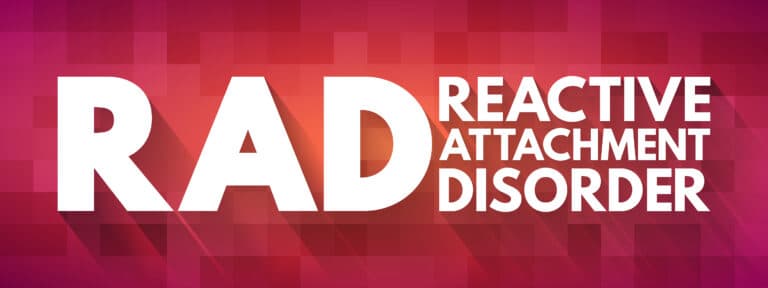
This blog will discuss how OTs can redefine life’s meaningful occupations with mental health therapy. We’ll look at the following questions:
- What do occupational therapists do for mental health?
- Can occupational therapy diagnose mental health?
- Can occupational therapy help with anxiety?
- What does an occupational therapist do for people with depression?
- How does an OT work with emotional regulation?
What Do Occupational Therapists Do for Mental Health?
Paired with physical recovery and disability aid, occupational therapists can also work in mental health rehabilitation. This can include successful steps toward overcoming mental illness, psychiatric disorders, PTSD, or trauma. Using nonspecific coping mechanisms, occupational therapists provide patients with methods such as:
- Writing and drawing
- Cooking and cleaning
- Playing cards
- Listening to music
- Appling sensory strategies such as sound reduction
In addition, occupational therapists can modify routine tasks for better mental health settings in your home life, school, and workplace. By focusing on cognitive-behavioral therapy, an occupational therapist can immensely reduce the symptoms and effects of mental health on daily life.
Can Occupational Therapy Diagnose Mental Health?

While therapists and psychologists typically conduct mental health diagnoses, OTs are specifically trained and experienced in diagnosing mental health disorders. Occupational therapists work to assess and treat mental health issues such as anxiety, depression, Alzheimer’s, autism, ADHD, and sensory disorders.
Can Occupational Therapy Help with Anxiety?
Approximately 31% of Americans experience anxiety, one of the most commonly dealt with mental health disorders. Anxiety can cause someone to feel constantly “on edge,” watched, nervous, or filled with dread- which is uncomfortable and can become limiting. Occupational therapists can provide patients with tools to combat their anxiety, including coping mechanisms such as:
- Pacing strategies. This teaches patients to learn how to preserve their energy throughout the day. For example, patients will learn to eat more balanced meals and get restful sleep.
- Relaxation techniques. This includes breathing exercises that can reduce the physical effects of anxiety.
- Self-awareness skills. This helps the patient recognize when they are beginning to get anxious and when taking steps to prevent it is necessary.
- Learning how to overcome presented circumstances in small and structured steps.
Occupational therapists can additionally help patients identify their future goals- and then can walk alongside them as they learn how to achieve them. This can substantially decrease anxiety, as patients can recognize the achievability of their goals. With the help of an OT, you can minimize the role that anxiety plays in your life.
What Does an Occupational Therapist Do for People with Depression?
Depression is one of the most debilitating mental health conditions, and finding ways to overcome it is crucial. An occupational therapist can teach simple and evidence-based coping skills that help with daily tasks such as self-care, leisure, and productivity.
The OT will then create structured daily routines or recurring tasks so that the patient can begin to manage areas of life that feel impossible. This can significantly improve social skills- the structure will allow patients to feel more confident and comfortable interacting with others. A consistent routine will also help with mood and emotional regulation, increased resilience, and problem-solving skills.
How Does an OT Work with Emotional Regulation?

Emotional regulation is inarguably essential to the betterment of mental health. As children will be typically labeled “difficult” or “behaviorally challenging” when struggling with emotional regulation, an OT can reverse this assumption.
Self-regulation can be broken into three categories:
- Sensory regulation
- Emotional regulation
- Cognitive regulation
Strategies under these three branches focus on adjusting energy levels and generating more productive responses in daily life. With better self-regulation skills, your child can better control their actions, emotions, and behaviors.
One of the best ways to overcome poor emotional regulation is to catch it early. Take note if your child is experiencing the following:
- Inappropriate responses to typical circumstances
- Having a hard time recovering from uncontrollable situations
- Intense and frequently occurring tantrums
- Poor attention skills
- Avoiding touch
- Strong dislike to change
These symptoms indicate it may be time to seek an occupational therapist’s expertise. As previously discussed, a vigorously implemented routine will help regulate these emotions and behaviors, as the lack of change can vastly improve mood and comfortable predictability.






